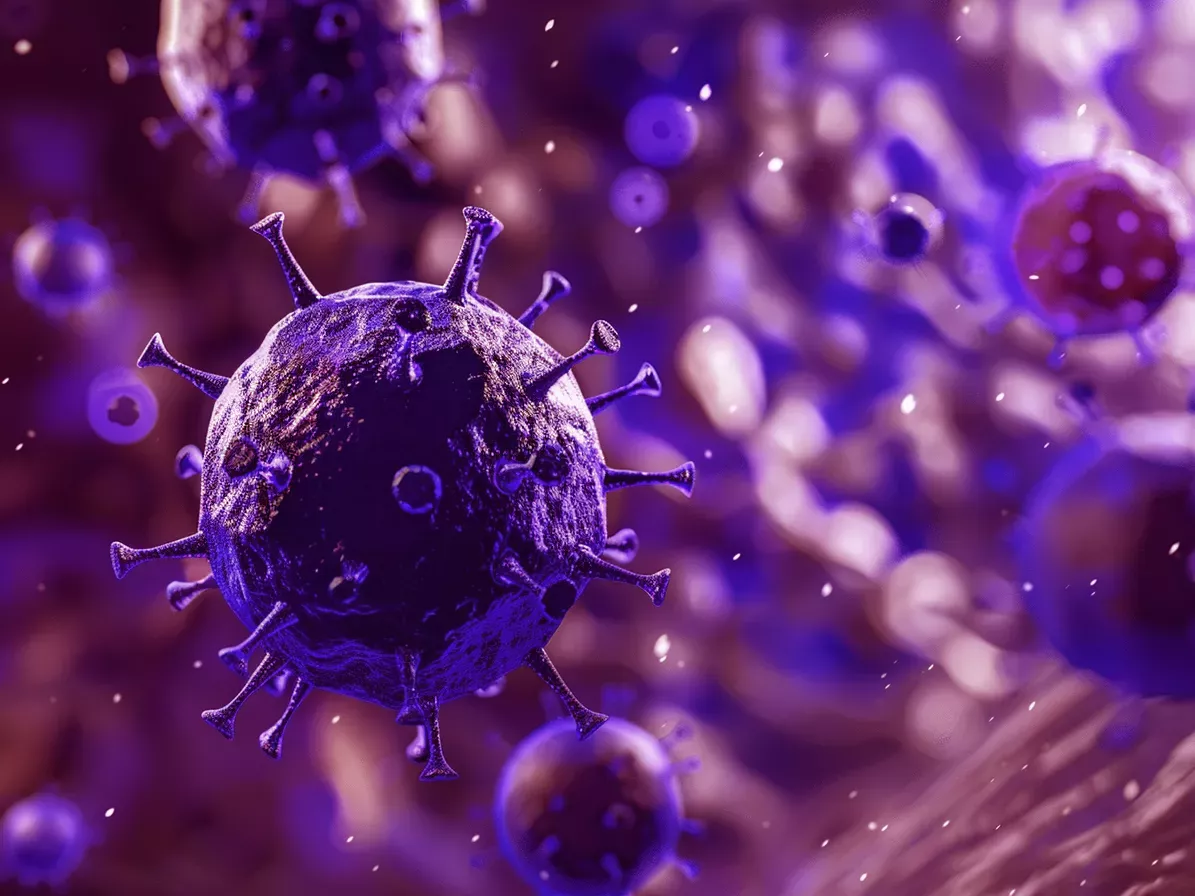Rising Global Concern: The Increase of Sexually Transmitted Infections
2078
Sexually transmitted infections, including syphilis and gonorrhea, are increasing globally, new report finds

Sexually transmitted infections, including syphilis and gonorrhea, are increasing globally, new report finds
Contact us at info.bkk@pulse-clinic.com or chat on your preferred platform:
![]() +66 65 237 1936
+66 65 237 1936  @PULSEClinic
@PULSEClinic ![]() PulseClinic
PulseClinic
Sexually transmitted infections (STIs) have been rising globally, and recent data underscores the severity of this public health challenge. According to the World Health Organization (WHO), there has been a significant increase in STIs, including syphilis, gonorrhea, chlamydia, and trichomoniasis, which account for over one million new infections daily. Notably, syphilis cases among adults aged 15-49 increased by over one million in 2022, reaching eight million.
Several factors have contributed to this increase. The COVID-19 pandemic disrupted prevention, testing, and treatment services, leading to a resurgence of STIs globally. The rise in multi-drug-resistant strains of gonorrhea is also a significant concern. Enhanced surveillance in 2023 revealed that nine out of 87 countries reported high levels of resistance to ceftriaxone, the last resort treatment for gonorrhea.
Additionally, there are substantial public health challenges associated with HIV and viral hepatitis. New HIV infections only declined slightly from 1.5 million in 2020 to 1.3 million in 2022, and hepatitis-related deaths increased from 1.1 million in 2019 to 1.3 million in 2022, despite the availability of effective prevention, diagnosis, and treatment tools.
Efforts to combat these infections include improving access to testing and diagnostic services. WHO has introduced new guidance to enhance the accessibility of low-cost, point-of-care tests for STIs, which can facilitate better data collection and service delivery. Moreover, initiatives to expand STI, HIV, and hepatitis services have shown progress, with several countries being validated for eliminating mother-to-child transmission of these infections.
Overall, while the global health community is making strides in addressing these infections, the rising incidence of STIs and the challenges posed by antimicrobial resistance underscore the need for sustained and enhanced efforts to achieve global health targets by 2030.
Trust PULSE CLINIC to take care of your health like other 45000 people from over 130 countries. We provide discreet professional service with high privacy. Here to help, not to judge.
Conclusion
The rising global incidence of STIs, compounded by challenges like antimicrobial resistance and the ongoing impacts of the COVID-19 pandemic, underscores the urgent need for enhanced public health efforts. While significant progress has been made, including improved access to diagnostic services and the validation of countries for eliminating mother-to-child transmission of certain infections, sustained and coordinated efforts are essential to reverse these trends and achieve global health targets by 2030.
Addressing the rise in STIs requires a comprehensive approach that includes enhancing surveillance and reporting, promoting safe sex practices, ensuring access to affordable and timely testing and treatment, investing in the development of new treatments and vaccines, and strengthening policies that support sexual health. Only through global collaboration and sustained efforts can we hope to curb the spread of sexually transmitted infections and protect public health.
Contact us at info.bkk@pulse-clinic.com or chat on your preferred platform:
![]() +66 65 237 1936
+66 65 237 1936  @PULSEClinic
@PULSEClinic ![]() PulseClinic
PulseClinic
Trust PULSE CLINIC to take care of your health like other 45000 people from over 130 countries. We provide discreet professional service with high privacy. Here to help, not to judge.
Loading...
Clinic Locations
Loading...






